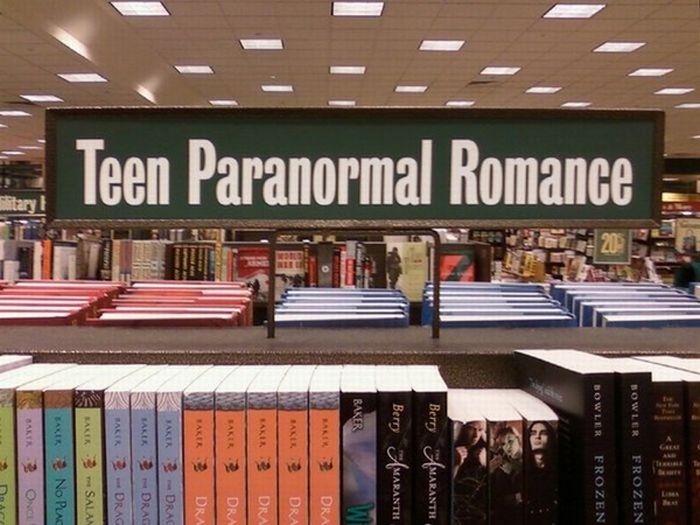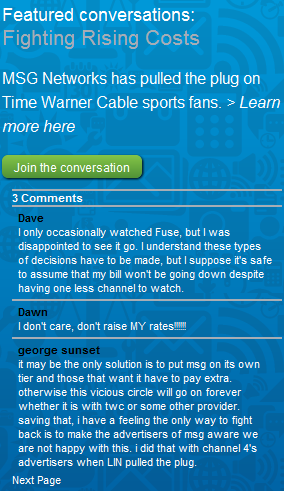Regret
Note: This week on the blog I am trying out a little experiment - writing on the first five (or so) subjects that popped out at random from a cool little app called Writing Exercises. The app provides suggestions for topics, characters, first lines - that kind of thing. I tapped the 'Random Subject' button a few times and will (try) to come up with something for each subject I was presented. It may be good, it may stink - who knows? But whatever the topic, I am taking like 20 minutes tops to bang something out. So here goes...
Today's subject: Regret
It is pretty typical and generally accepted life advice that one should live and plan and do in order to arrive at a place, usually somewhere near the end of the line, with no or at least very, very few regrets. The line of thinking holds that most people when reaching that point where they are doing a reckoning of their lives feel the worst about the things they never did or never tried or never took the time or risk to explore. Most of us, the thinking goes, lament the things we didn't do, much more so than whatever failures or disappointments we endured from the things we actually did.
And I think that mostly makes sense. We don't, most likely, get to the end of our time and think about (too much) the more mundane and specific aspects of how we lived - where we worked, what we did, who we socialized with, where we traveled, etc. Of course we will think about our families and close friends, both the ones who have passed and those we might be leaving behind. And one thing I know for sure, no one sits up on their death bed and thinks, 'Gee, I wish I would have drank more glasses of water every day.' So have that Diet Coke or Mountain Dew or Schlitz. Have whatever you want.
But back to regret, (and I need to wrap this up fast as I got distracted by a shiny object or someone jiggling some keys and I only have 2 minutes left to my self-policed deadline for finishing this post).
Here's what I think I think about regret.
If you did truly reach the end of the line with no regrets you probably had a pretty rich, fulfilling, happy, and positive life.
But it is also quite possible you didn't dream enough or 'big' enough too. I think that it is probably ok to have a regret or two. It is ok to have, at one time, had some kind of big, audacious idea or plan or dream that for whatever reason you were unable to try and make a reality. It is ok to have missed, at least a little.
I sort of don't really trust people who claim to have no regrets. Kind of the same way I don't really trust people who claim to not watch TV or who don't like White Castle.
I know I will have at least one regret. And that is writing this post...
Have a great week!

 Steve
Steve

